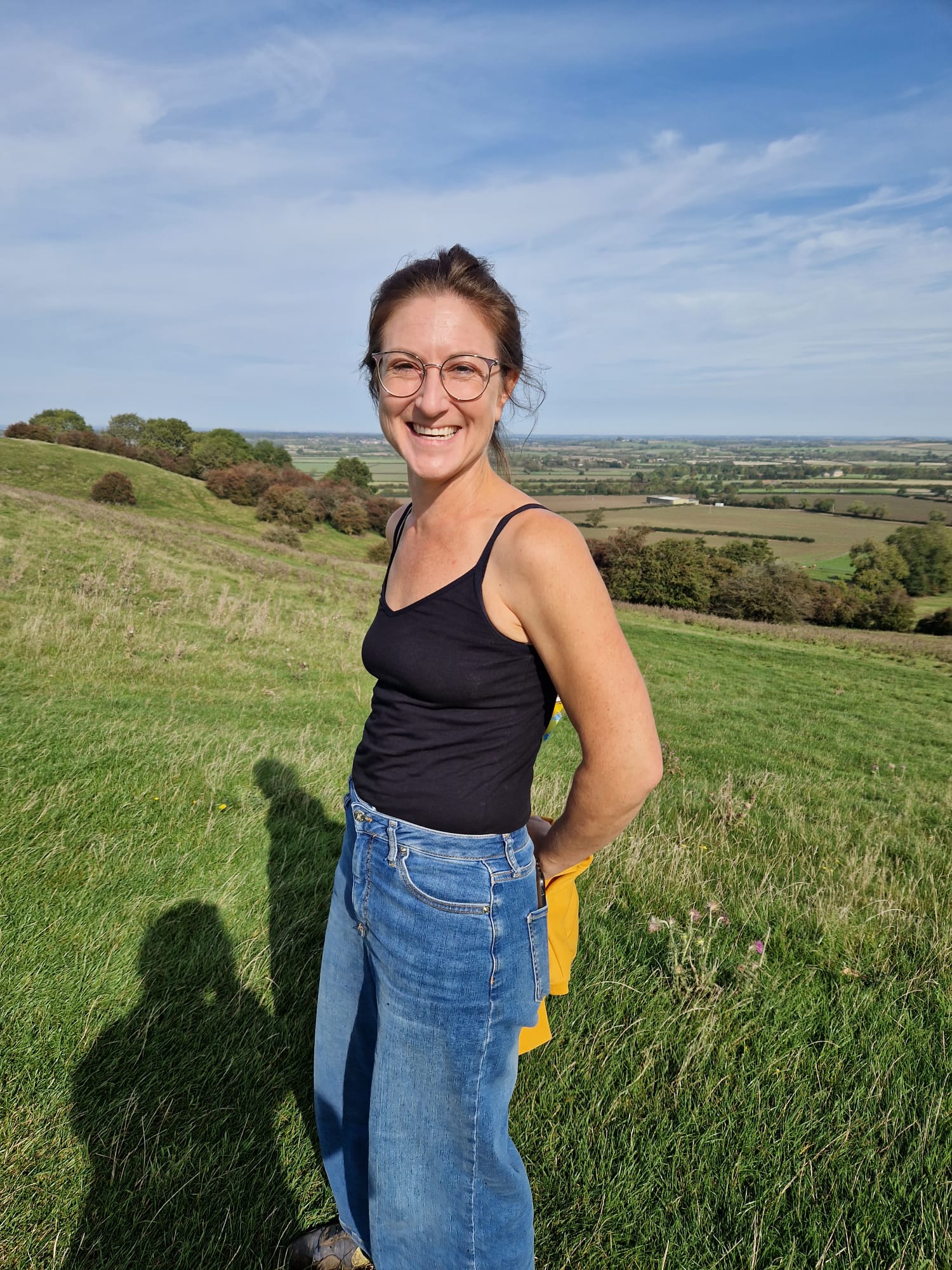Lucy Tomlins is an artist, creative producer and founding director of Pangaea. Since graduating from the Royal College of Art, MA Sculpture, Lucy has evolved a hybrid practice, curating and producing public art programmes developed through embedded research, participation and engagement; artwork conception and realisation; and managing sculpture design, fabrication and delivery for other artists, designers, architects and cultural institutions.
Unapologetically defining herself as a ‘sculptor’ in an era of dematerialised art practice, Lucy is deeply committed to both the craft of sculpture and its expanded role as a means of engaging with the world. Her work explores the interconnectedness of humanity, materiality and place, considering not only the physical and sensory dimensions of sculpture but also the invisible systems, structures and social conditions that shape our experiences. Encompassing socially engaged sculpture, public performances, participatory projects, ephemeral and experiential works, the act of making and permanent installations, her practice embraces both process and presence.
